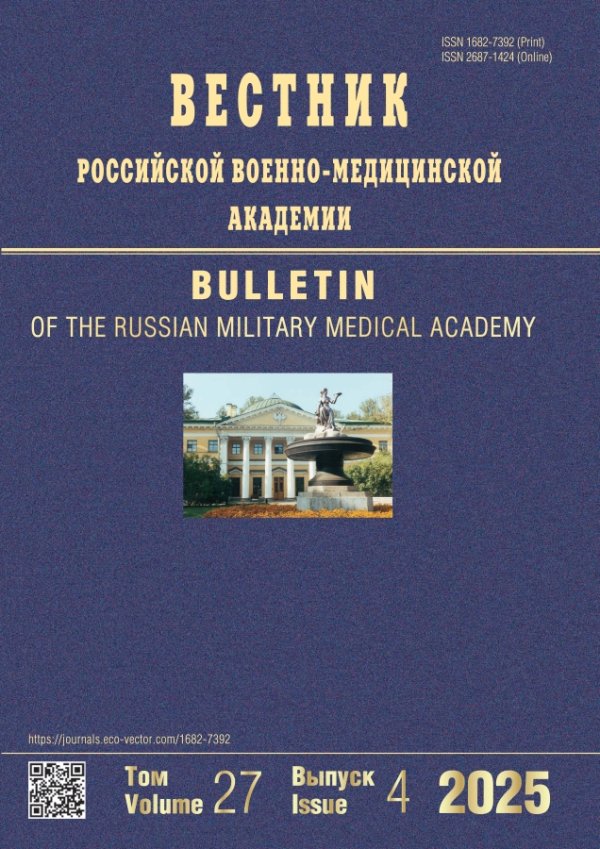The analysis of prosthetic and orthopedic factories production in the branch of lower extremities prothesis with possibilities of import substitution
- Authors: Scherbina KK1, Suslyaev VG1, Golubeva Y.B1, Sokurov AV1, Ermolenko TV1, Yankovskiy VM1
-
Affiliations:
- Федеральный научный центр реабилитации инвалидов им. Г.А. Альбрехта
- Issue: Vol 20, No 4 (2018)
- Pages: 131-137
- Section: Articles
- URL: https://journals.rcsi.science/1682-7392/article/view/12317
- DOI: https://doi.org/10.17816/brmma12317
- ID: 12317
Cite item
Full Text
Abstract
Full Text
##article.viewOnOriginalSite##About the authors
K K Scherbina
Федеральный научный центр реабилитации инвалидов им. Г.А. АльбрехтаСанкт-Петербург
V G Suslyaev
Федеральный научный центр реабилитации инвалидов им. Г.А. АльбрехтаСанкт-Петербург
Yu B Golubeva
Федеральный научный центр реабилитации инвалидов им. Г.А. АльбрехтаСанкт-Петербург
A V Sokurov
Федеральный научный центр реабилитации инвалидов им. Г.А. Альбрехта
Email: ansokurov@yandex.ru
Санкт-Петербург
T V Ermolenko
Федеральный научный центр реабилитации инвалидов им. Г.А. АльбрехтаСанкт-Петербург
V M Yankovskiy
Федеральный научный центр реабилитации инвалидов им. Г.А. АльбрехтаСанкт-Петербург
References
- Голубева, Ю.Б. Цели и задачи импортозамещения в про- тезно-ортопедической отрасли / Ю.Б. Голубева [и др.] // Вестн. Всеросс. гильдии протезистов-ортопедов. - 2016. - № 2 (62). - С. 35-38.
- Распоряжение Правительства Российской Федерации от 22.11.2017 № 2599-р «Об утверждении Стратегии раз- вития производства промышленной продукции реабили- тационной направленности до 2025 года. - М.: «Собрание законодательства РФ», 2017. - № 49.- Ст. 7482.
- Сусляев, В.Г. Проблемы оказания первичной протезно- ортопедической помощи в мегаполисе / В.Г. Сусляев [и др.] // Вестн. Росс. воен.-мед. акад. - 2018. - № 2 (62). - С. 90-98.
- Сусляев, В.Г. Роль раннего первичного протезирования в си- стеме реабилитации военнослужащих вследствие военной травмы: организационные, юридические, методические аспекты / В.Г. Сусляев [и др.] // Вестн. Росс. воен.-мед. акад. - 2018. - № 2 (62). - С. 40-47.
- Сусляев, В.Г. Значимость новых безгипсовых технологий ран- него первичного протезирования как неотъемлемой части медицинской реабилитации инвалидов после ампутации голени и бедра / В.Г. Сусляев, Л.М. Смирнова // Медицина в Кузбассе. - 2018. - Т. 17, № 2. - С. 14-20.
Supplementary files







